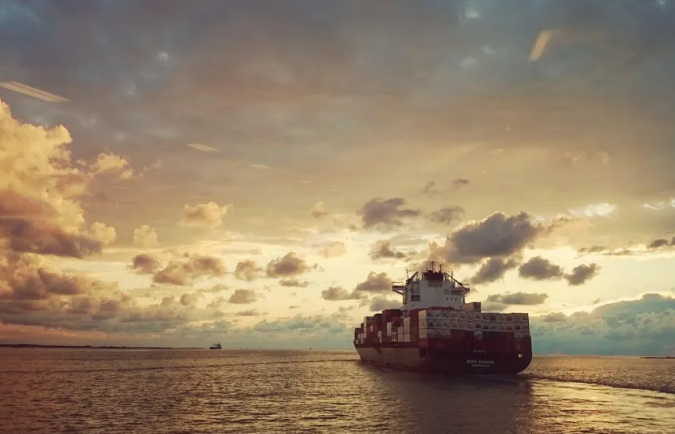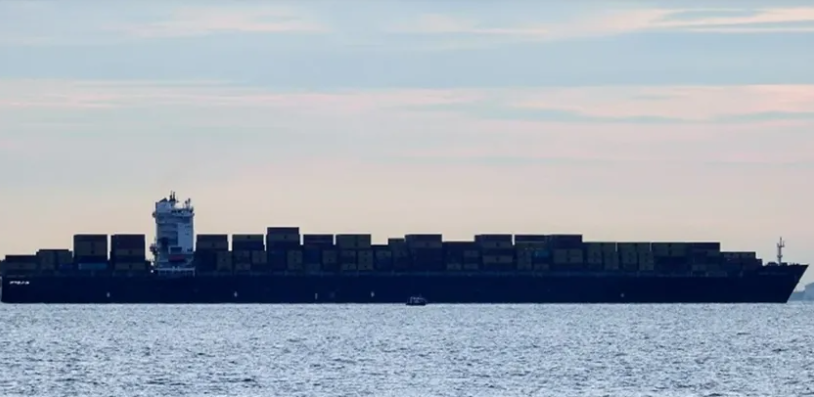Malaysia’s maritime authorities have stepped up enforcement measures to prevent unauthorized anchoring and illegal ship-to-ship (STS) oil transfers within its territorial waters. Due to its proximity to the busy Singapore Strait, Malaysia has been identified as a hotspot for such activities, with frequent reports of enforcement actions.
Since late July, Malaysia’s Maritime Department has implemented new regulations and reiterated the requirement for vessels to maintain active AIS transmissions at all times. Authorities stated they would regularly monitor for vessels “disappearing,” i.e., turning off their signals.
Key enforcement measures now include:
- AIS must remain active and transmitting at all times;
- Vessels are only allowed to anchor within officially designated port limit areas;
- Agents must obtain formal approval from Malaysian port authorities before conducting STS or anchoring activities.
As part of the crackdown, Malaysia has closed the Tompok Utara anchorage and lay-up area near the eastern entrance of the Singapore Strait. Also known as the Eastern Outside Port Limits (EOPL) zone, the anchorage has long been regarded as a hotspot for offshore STS activity.
Ships wishing to anchor in critical areas along the eastern channel must now meet dual permit requirements, including submission of an anchoring plan approved by Malaysian maritime authorities. This includes the area near the eastern entrance to the Singapore Strait.
“We expect the authorities to adopt a strict approach to monitoring vessels in Malaysian waters,” Britannia P&I Club warned in a notice published on July 31. It cautioned, “Strict action will be taken against vessels found operating without the necessary approvals, and detained vessels may face a stressful and prolonged release process that could take weeks.”
Malaysia’s Maritime Enforcement Agency (MMEA) is well known for its strict and frequent enforcement efforts. The notice stressed that vessels found conducting anchoring or other operations in Malaysian waters without proper clearance are subject to immediate detention.
Waters on the eastern side of the peninsula have been frequented by shadow tankers and vessels suspected of carrying cargo from Iran or Russia while attempting to obscure their operations.
For instance, on July 11, the MMEA reported discovering two tankers moored side by side at 0400 hours. One vessel had four crew members, including the captain, one Indonesian national, and two Indian citizens. The second vessel had two Indonesians, one Myanmar national, and two Vietnamese nationals. The MMEA stated the Myanmar and Vietnamese crew members failed to present valid identification. Authorities also seized 169,600 liters of diesel.
Later in July, the MMEA detained a Barbados-flagged tanker for unauthorized anchoring in Batu Pahat waters. The vessel had a crew of 18, including the captain, all Indian nationals. The tanker had sailed from Dubai to Tanjung Pelepas Port in Malaysia to load 6,894 metric tons of tar, destined for Vietnam.
In response, the Singapore Shipping Association issued a confirmation letter, warning that Malaysia “intends to step up enforcement against unauthorized STS oil transfers.” It advised members to closely monitor regulatory updates and work with port agents to secure the necessary approvals before entering Malaysian waters.

Last
U.S. Export Licensing Backlog Delays AI Chip and High-Tech Equipment Shipments
According to multiple media reports, the U.S. Department of Commerce’s Bureau of Industry and Security (BIS) is facing a major int

Next
SeaLead Terminates Charter Agreements for 16 Sanctioned Vessels Amid OFAC Actions
SeaLead Shipping has announced the termination of charter agreements for 16 vessels linked to recent sanctions imposed by the U.S.
